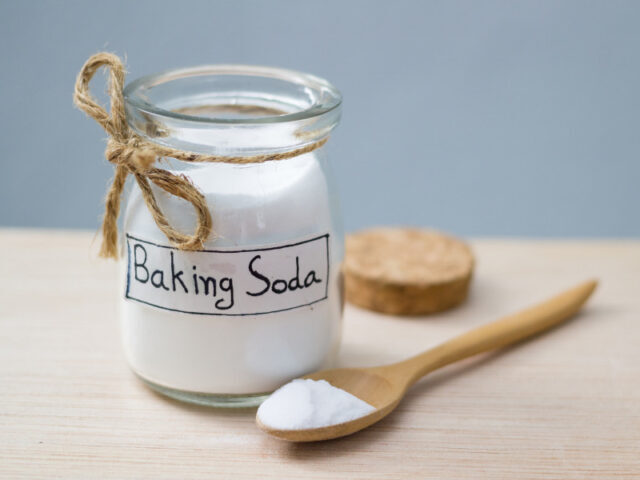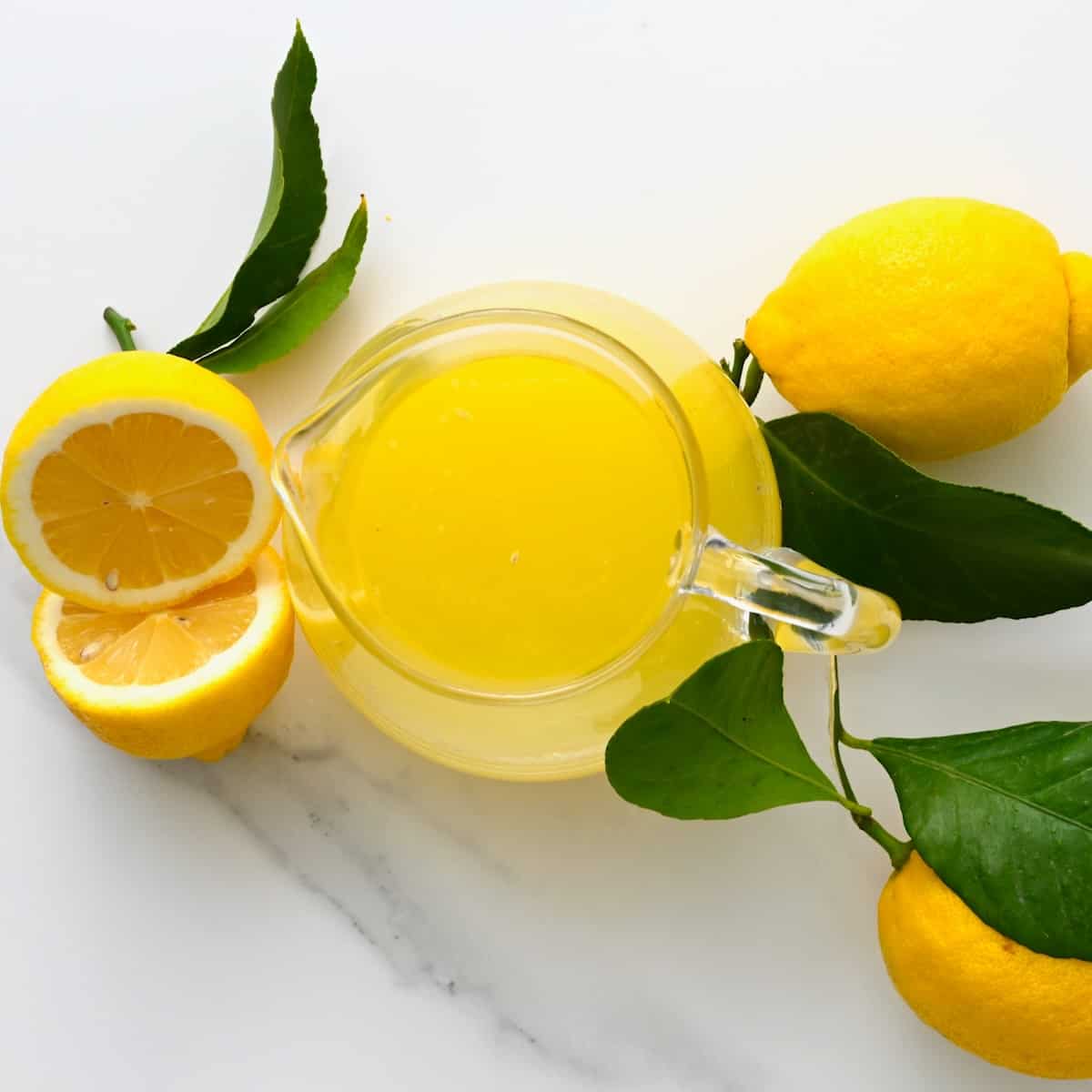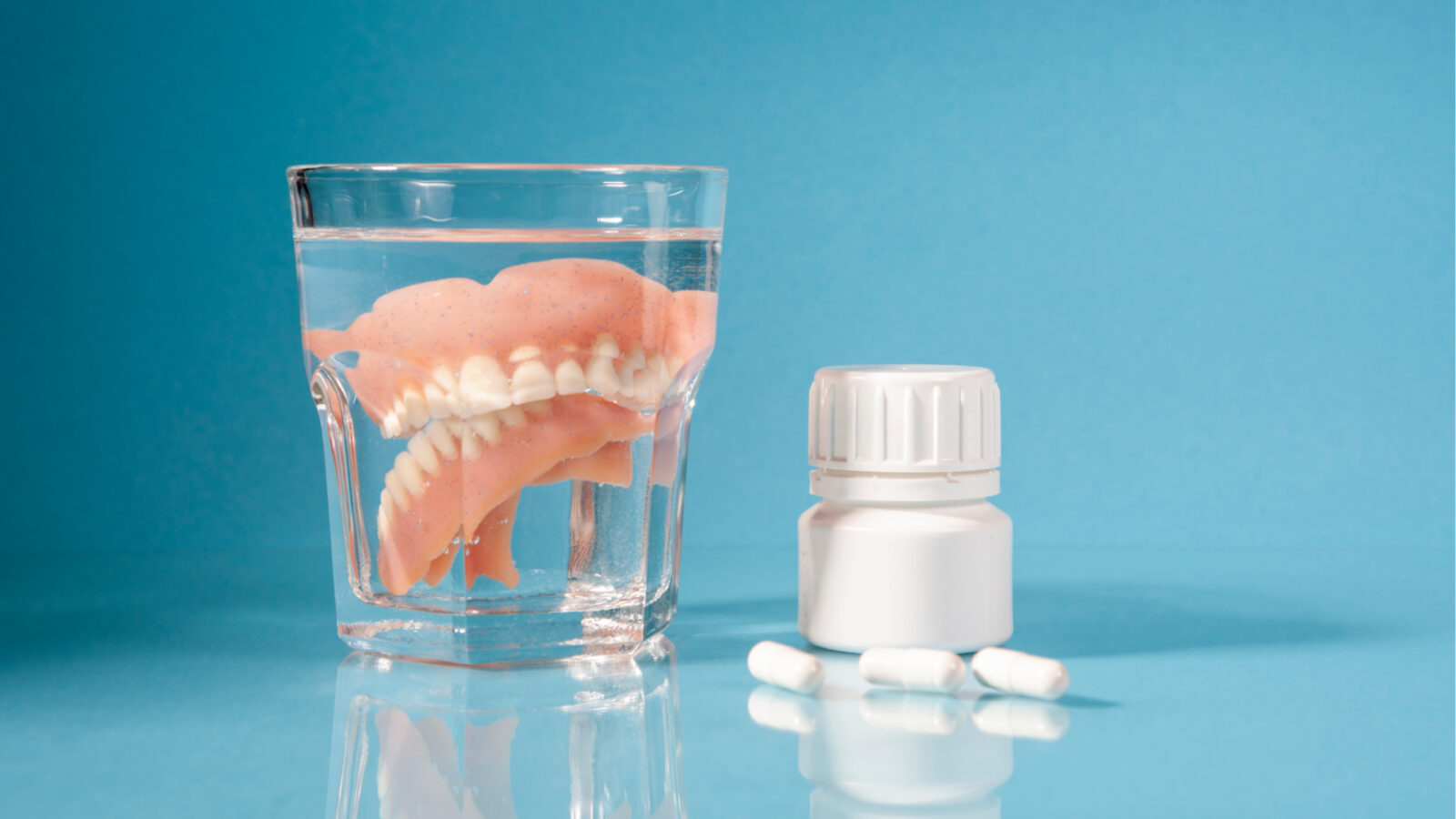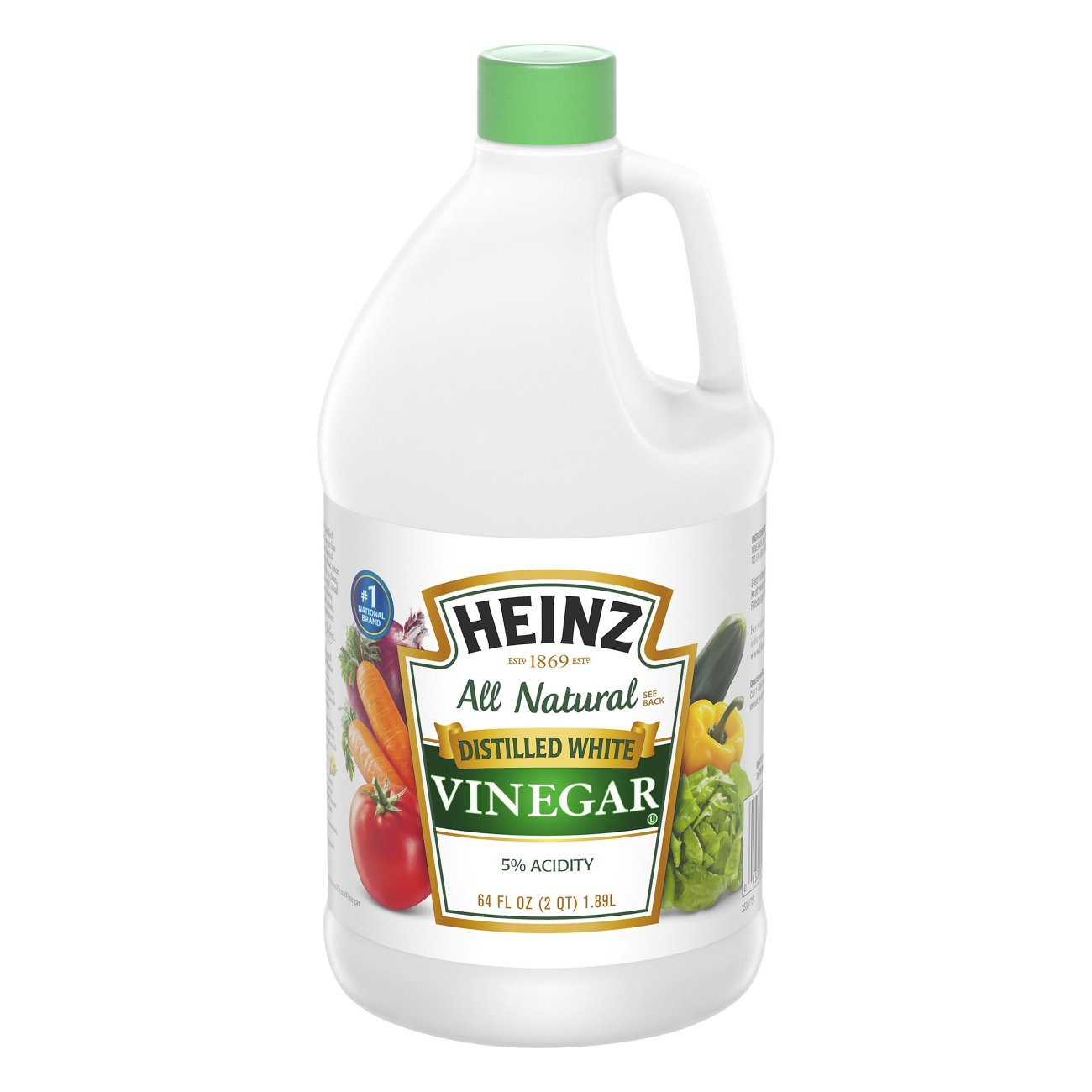Can You Clean a Herb Grinder Without Alcohol?
Maintaining cleanliness in your herb grinder is crucial for preserving its functionality and guaranteeing a seamless herb experience. Nonetheless, some individuals may question whether it's feasible to clean an herb grinder without resorting to alcohol. In this blog post, we'll delve into various methods and alternatives to alcohol for cleansing your herb grinder.
Why Alcohol is Commonly Used in Cleaning Herb Grinders
Alcohol, particularly isopropyl alcohol, is widely used in cleaning herb grinders due to its effectiveness in removing sticky residue and disinfecting the grinder. In this section, we will explore the reasons why alcohol is commonly used for cleaning herb grinders and its role in the cleaning process.
- Solvent Properties: Alcohol acts as a solvent, meaning it has the ability to dissolve substances. The sticky residue that accumulates on the surfaces of the grinder can be challenging to remove. However, alcohol effectively breaks down this residue, making it easier to clean and restore the grinder's functionality. It helps dissolve the residue, allowing it to be wiped away or rinsed off more easily.
- Efficient Residue Removal: The sticky residue that builds up in an herb grinder can be stubborn and difficult to remove. Alcohol's solvent properties make it highly effective in dissolving this residue, allowing for a thorough and efficient cleaning process. By using alcohol, you can ensure that even the most stubborn buildup is removed, leaving your grinder clean and ready for use.
- Disinfection: Apart from its solvent properties, alcohol also has antimicrobial properties. It can effectively kill bacteria, germs, and other microorganisms that may be present on the surfaces of the grinder. This is particularly important for those who share their grinder or want to ensure a hygienic herb experience. By using alcohol, you can disinfect your grinder and minimize the risk of contamination.
- Quick Evaporation: Alcohol evaporates quickly, leaving behind minimal residue. This is advantageous when cleaning a grinder, as it ensures that there is no lingering residue that could affect the taste or quality of your herbs. After cleaning with alcohol, the grinder can be thoroughly rinsed or wiped clean, ensuring a residue-free surface.
- Readily Available and Affordable: Isopropyl alcohol is widely available at pharmacies, supermarkets, and online stores. It is also relatively inexpensive, making it a convenient choice for cleaning herb grinders. The accessibility and affordability of alcohol contribute to its popularity as a cleaning agent.
- Compatibility with Grinder Materials: Another reason why alcohol is commonly used is its compatibility with various grinder materials. Whether your grinder is made of metal, acrylic, or other materials, alcohol can generally be safely used without causing damage or corrosion. This makes it suitable for a wide range of grinder types and materials.
Alternatives to Alcohol for Cleaning Your Herb Grinder
If you prefer to clean your herb grinder without using alcohol, there are several alternatives available. In this section, we will explore various options that can effectively remove residue and ensure a clean grinder without the use of alcohol.
- Personal Preference: Some individuals may have personal reasons for avoiding alcohol, such as religious or cultural beliefs.
- Allergies or Sensitivities: Alcohol can cause skin irritations or allergic reactions in some people. If you have sensitive skin or are prone to allergies, you may prefer to use alternative cleaning methods.
-
Concerns about Odor: Alcohol has a strong smell that can linger even after cleaning. If you are sensitive to odor or prefer to avoid the smell of alcohol, alternative methods may be more suitable for you.
Common Household Items You Can Use:
-
Baking Soda: Baking soda is a versatile household item that can be used for cleaning purposes. Create a paste by mixing baking soda with water, apply it to the grinder's surfaces, and scrub gently with a toothbrush or soft-bristle brush. Rinse thoroughly with water.

-
Vinegar: Vinegar is known for its cleaning properties. Soak the grinder's parts in a mixture of vinegar and water for a few hours, then scrub away residue with a brush. Rinse well to remove any vinegar smell.
-
Lemon Juice: Lemon juice contains citric acid, which can help break down residue. Squeeze fresh lemon juice onto the grinder's surfaces and scrub with a brush. Rinse thoroughly to remove any lemon scent.

-

Denture Cleaning Tablets: Denture cleaning tablets, when dissolved in water, can effectively clean your grinder. Simply soak the grinder's parts in a solution of water and denture cleaning tablets, following the instructions on the packaging. Rinse well afterward.
Related Article: Hydrogen Peroxide to Clean Herb Residue
Commercially Available Alcohol-free Cleaning Solutions:
- Grinder Cleaning Solutions: Several companies offer specialized grinder cleaning solutions that are specifically formulated to remove residue and grime without the use of alcohol. These solutions are often made with natural ingredients and are safe to use on various grinder materials.
- Biodegradable Cleaners: Look for biodegradable cleaners that are free from harsh chemicals and alcohol. These eco-friendly options are designed to effectively clean grinders while minimizing harm to the environment.
By using these alternatives, you can effectively clean your herb grinder without relying on alcohol. Experiment with different methods to find the one that works best for you and ensures a clean and well-maintained grinder. Remember to follow the manufacturer's instructions and take necessary precautions when using any cleaning agents.
Step-by-Step Guide to Cleaning Your Herb Grinder Without Alcohol
Cleaning your herb grinder without alcohol is a straightforward process that involves disassembling the grinder, cleaning each part, and then reassembling it. In this section, we will provide a detailed step-by-step guide to help you effectively clean your herb grinder without relying on alcohol.
- Disassembling Your Grinder:
-
Begin by carefully disassembling your grinder. Remove the top lid, the grinding chamber, and the pollen catcher if your grinder has one. Take note of the order in which the parts are stacked for easier reassembly later.
-
Cleaning Each Part:
- Use a small brush, such as a toothbrush or paintbrush, to remove any loose residue from each part of the grinder. Brush away any visible buildup or debris.
- For metal grinders: If your grinder is made of metal, you can soak the parts in warm water mixed with a mild dish soap. Let them soak for a few minutes to help loosen the residue.
- For non-metal grinders: If your grinder is made of acrylic, plastic, or other non-metal materials, avoid using hot water, as it can cause warping or damage. Instead, use room temperature water mixed with a mild dish soap to clean the parts.
- Scrub each part thoroughly using a brush or sponge to remove any remaining residue. Pay special attention to the teeth, grinding chamber, and screen (if applicable).
-
Rinse each part with clean water to remove any soap or residue. Ensure that all cleaning agents are thoroughly washed away.
-
Drying the Parts:
-
After rinsing, pat dry each part with a clean towel or cloth. Ensure that all parts are completely dry before proceeding to reassemble the grinder. Moisture can lead to mold or rust, so it's important to dry the parts thoroughly.
-
Reassembling Your Grinder:
- Once all the parts are dry, reassemble the grinder in the correct order. Start by placing the grinding chamber back onto the base, ensuring that it fits securely.
- Next, place the top lid back onto the grinding chamber, aligning it properly. Make sure it fits snugly and securely.
- If your grinder has a pollen catcher, place it on top of the grinder, aligning the threads or magnets to ensure a proper fit.
-
Test the grinder by twisting the top lid to ensure that it grinds smoothly and without any issues.
-
Optional: Lubricating the Grinder:
- If desired, you can apply a small amount of food-grade lubricant, such as vegetable oil or coconut oil, to the grinder's threads or hinges. This can help maintain smooth movement and prevent sticking.
Following these steps will ensure that your herb grinder is thoroughly cleaned without the use of alcohol. Regularly cleaning your grinder using this method will help maintain its performance and extend its lifespan. Remember to consult the manufacturer's instructions for any specific cleaning recommendations or precautions for your particular grinder model.
Related Article: Effects of Leaving Herb in Your Grinder Overnight
Safe, Simple & Effective Grinder Cleaning Solutions
In summary, alcohol is commonly used in cleaning herb grinders due to its solvent properties, efficient residue removal, disinfection capabilities, quick evaporation, availability, affordability, and compatibility with different grinder materials. However, if you prefer to avoid alcohol for cleaning your grinder, there are alternative methods and solutions also available.
Related Article: Herb Grinder Cleaning Hacks



Leave a comment
Please note, comments must be approved before they are published